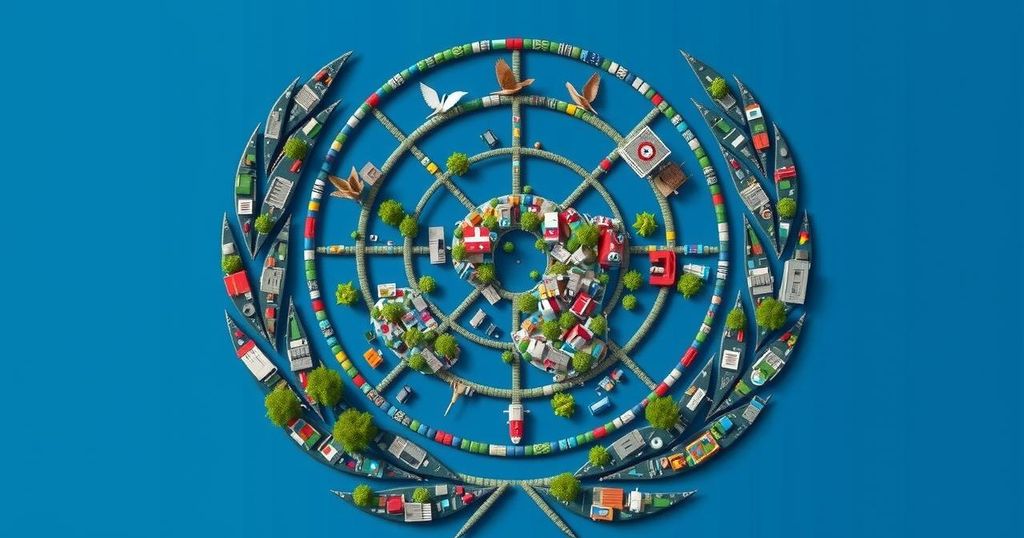Climate change
ASIA, AZERBAIJAN, BAKU, BIRDLIFE INTERNATIONAL, BRAZIL, CATHY YITONG LI, CLIMATE CHANGE, CLIMATE JUSTICE, CONFERENCE OF THE PARTIES, ENVIRONMENTAL POLICY, ENVIRONMENTAL PROTECTION, GREENHOUSE GAS EMISSIONS, NATURE, NOELLE KUMPEL, PARIS AGREEMENT, SARAH BRADY, SOUTH AMERICA, UN CLIMATE CONFERENCE
Isaac Bennett
0 Comments
COP29: A Missed Opportunity for Climate and Nature Advocacy
The COP29 conference failed to deliver meaningful climate action, particularly regarding financial commitments and the integration of nature into climate strategies. The outcomes are seen as inadequate, especially for vulnerable populations, highlighting the urgent need for enhancements in future negotiations at COP30.
The recent UN Climate Conference, COP29, concluded in Baku, Azerbaijan, after protracted negotiations that surpassed their scheduled time. The conference was labeled as ‘the finance COP,’ aimed at establishing substantial global climate finance goals; however, outcomes failed to meet expectations, particularly for vulnerable populations and ecosystems. Notably absent from discussions was a robust emphasis on nature’s crucial role in addressing climate change, despite the knowledge that protecting natural environments could provide significant climate solutions by 2030.
Cathy Yitong Li, Senior Climate & Energy Policy Manager at BirdLife International, emphasized the necessity of integrating nature in climate action, stating that ‘protecting and restoring nature is vital to preventing the escalation of the climate and nature crisis.’ Reflecting on the conference’s shortcomings, she noted that the deal does not sufficiently address the climate crises nor provide adequate financial support for affected communities or ecosystems.
Despite these setbacks, various organizations and sectors remain determined to accelerate climate action. Companies like Iberdrola are leading the charge toward a nature-positive energy transition, while BirdLife International and its partners continue their efforts to protect critical habitats. Looking ahead, expectations turn toward COP30 in Brazil in 2025, with calls for the Brazilian presidency to promote interconnected strategies addressing both climate and ecological challenges.
Martin Harper remarked, ‘there is hope that governments can still do more to solve the climate and biodiversity crisis,’ underlining the urgency of sustained advocacy and action to safeguard nature. The inequities embedded within the COP29 outcomes highlight the need for concerted efforts in climate financing, especially for regions like Africa, which bears disproportionate impacts of climate change despite contributing minimally to global emissions.
The United Nations Climate Conference, or COP, serves as a pivotal platform for nations to negotiate and implement strategies aimed at combating climate change. Each conference tackles distinct themes and challenges. The recent COP29 focused predominantly on achieving equitable climate finance but faced criticisms for inadequate attention to the intrinsic connections between nature and climate action.
In summary, COP29 emerged as a disappointing affair in terms of climate negotiations, particularly regarding the insufficient focus on nature and equitable financial commitments needed to combat climate change. The need for robust action remains critical as attention shifts to the upcoming COP30, emphasizing the necessity for nations to urgently implement integrated climate and nature strategies to address the escalating crises effectively. Collaborative efforts from various sectors will be essential in moving forward.
Original Source: www.birdlife.org




Post Comment